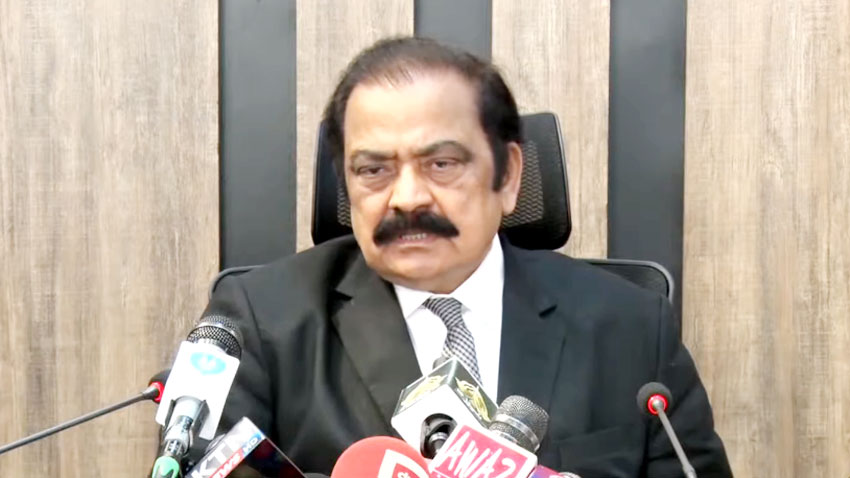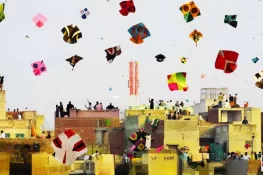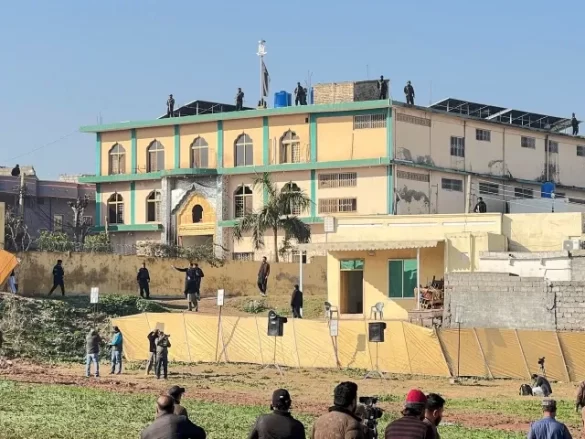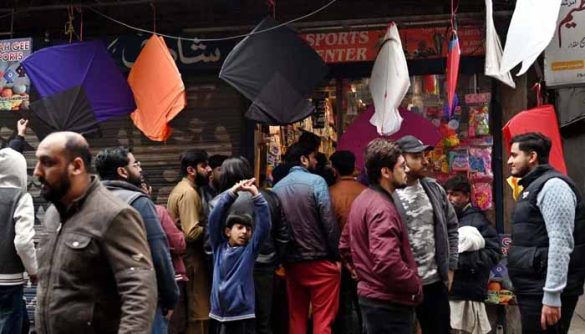PTI’s Opposition Leader Debate
Rana Sanaullah, Adviser to the Prime Minister on Political Affairs, has sharply criticized Pakistan Tehreek-e-Insaf (PTI) founder Imran Khan for backing Mahmood Khan Achakzai as Leader of the Opposition in the National Assembly.
Speaking on a private television programme, Dunya with Meher Bukhari, Sanaullah said the move reflected a lack of trust in PTI’s own parliamentary members.
“If a party as large as PTI cannot find a suitable opposition leader from within its ranks, it proves the leadership has lost confidence in its own team,” he remarked.
The comments add another layer to the ongoing debate within PTI about whether the role should go to an outsider or remain within the party. Achakzai, a veteran Pashtun nationalist politician, recently aligned himself with PTI, but his nomination has been met with resistance even among some PTI lawmakers.
Murree Meeting and Political Strategy
Sanaullah clarified that the recent PTI political committee meeting in Murree was primarily focused on upcoming by-elections and an assessment of the broader political landscape.
He described Achakzai’s potential nomination not as a tactical masterstroke but rather as a “symptom of an internal crisis.” According to Sanaullah, relying on an allied figure instead of a party loyalist underscores the depth of PTI’s organizational challenges.
May 9, 2023 Protests Still Haunting PTI
Turning to the violent protests of May 9, 2023, which erupted after Imran Khan’s arrest, Sanaullah reiterated that PTI should have unequivocally condemned the unrest.
“Had the party leadership taken a clear stance at that time, today’s crisis could have been avoided,” he said.
The May 9 incidents remain a defining political fault line in Pakistan. Government figures accuse PTI supporters of attacking military and state installations, while PTI maintains the cases are politically motivated. Hundreds of PTI workers remain in jail, and court proceedings are ongoing.
Sanaullah suggested that the legal cases stemming from May 9 may take up to two years to conclude. However, he argued that timely acknowledgment of mistakes and a willingness to self-correct could pave the way for resolution.
Call for Political Accountability
The adviser stressed that political parties must embrace self-accountability if they wish to regain public trust. “A democratic system can only function when parties accept responsibility for their actions and reconnect with the people,” he said.
Sanaullah’s remarks reflect a broader government narrative portraying PTI as internally divided and politically weakened. For PTI, however, the struggle lies in balancing alliances with smaller parties while keeping its base united.
Constitutional Amendments in Focus
In his interview, Sanaullah also touched on constitutional reforms. He said the 26th Amendment to Pakistan’s Constitution had been enacted in the national interest, particularly to address issues of representation and governance.
Regarding the proposed 27th Amendment, he noted that no final decision had yet been taken.
Broader Political Context
The debate over the opposition leader is unfolding at a time of heightened political uncertainty in Pakistan. The ruling coalition, led by the Pakistan Muslim League-Nawaz (PML-N), faces mounting economic pressures, while PTI continues to struggle with leadership gaps due to Imran Khan’s imprisonment.
Political analysts say the choice of opposition leader will be a test of PTI’s ability to navigate these challenges. Opting for Achakzai could broaden its parliamentary alliances but risks alienating its own lawmakers. Conversely, nominating a PTI insider could restore internal cohesion but may limit its outreach beyond traditional supporters.
Conclusion
Rana Sanaullah’s remarks underline the fragility of PTI’s current position. By framing Achakzai’s nomination as a sign of distrust in PTI’s own ranks, the government is seeking to highlight cracks within its main rival.
Whether PTI opts for Achakzai or chooses a leader from within, the decision will shape both parliamentary dynamics and the party’s ability to reclaim public trust in the months ahead.















